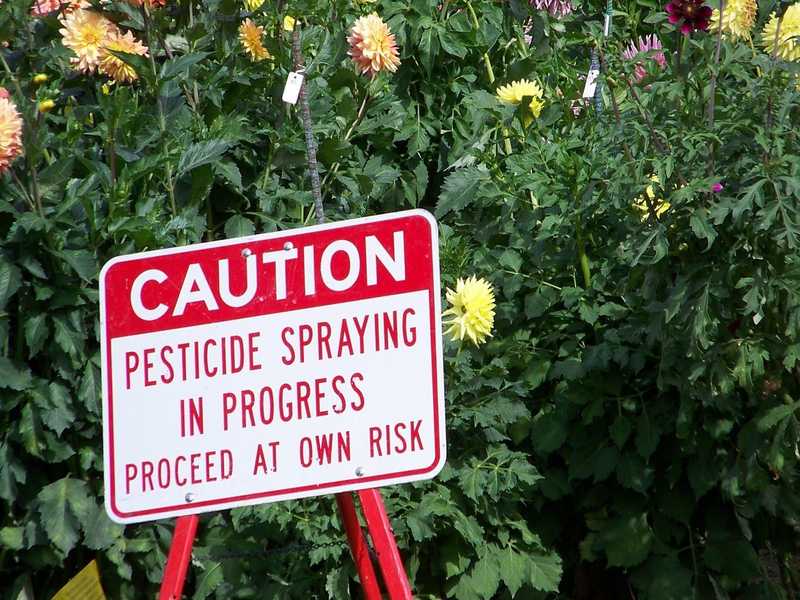Oregon cannabis growers were recently informed by the state that they can no longer use pesticides to grow their plants. While the Department of Agriculture is working on creating a list of pesticides that will be approved for use, cultivators currently find themselves at a standstill. Although not a fatal blow to the industry, this new legislation does change things for the state's cannabis farmers.
Why Pesticides Matter
Like most farming operations, cannabis growers use pesticides to protect their plants. Farmers who grow crops like corn, wheat, soybeans or fruit have access to a federally-approved list of pesticides to use on their fields. Medical marijuana growers in Oregon, on the other hand, do not.
Since cannabis is still technically an illegal substance according to federal law, the Department of Agriculture has never compiled a list of acceptable pesticides for use in medical marijuana operations. As a result, pesticides have been largely unregulated in the cannabis industry, and the state is now barring the use of pesticides until they can research health and safety concerns of users and assemble a list of approved substances.
Since the Department of Agriculture has never approved the use of any pesticides for cannabis plants, the application of pesticides is currently against the law. While most cannabis growers are ethical in their pesticide application, some are not. This may create health and safety concerns for consumers.
In the changing medical marijuana climate, it is important that all medical marijuana undergoes independent testing by labs to assure the quality of products. Labs, such as those certified by the Association of Commercial Cannabis Laboratories (ACCL) in California, provide an accurate breakdown of substances found naturally in the plant or those that have been added artificially. Independent labs around the country test for contaminants to assure growers are holding to the standards set forth by law. Lab testing makes the medical marijuana industry safer for patients across the country, no matter what specific state regulations are.
What the Future Holds
For the time being, licensed cannabis growers in Oregon are sitting tight, as all regular pesticides are now prohibited. Although it is likely that the Department of Agriculture will approve pesticides for use in medical marijuana operations, it is not guaranteed. In the meantime, cultivators are getting creative with natural insect repellents, and organic growers are happy to continue without pesticides.
In the meantime, full retail marijuana sales are not slated to begin until late 2016, and dispensaries have to wait until October of this year to begin selling limited amounts of their product to of-age consumers. Going forward, many cultivators hope the review will give them time to adjust their growing operations, with or without new pesticides.
